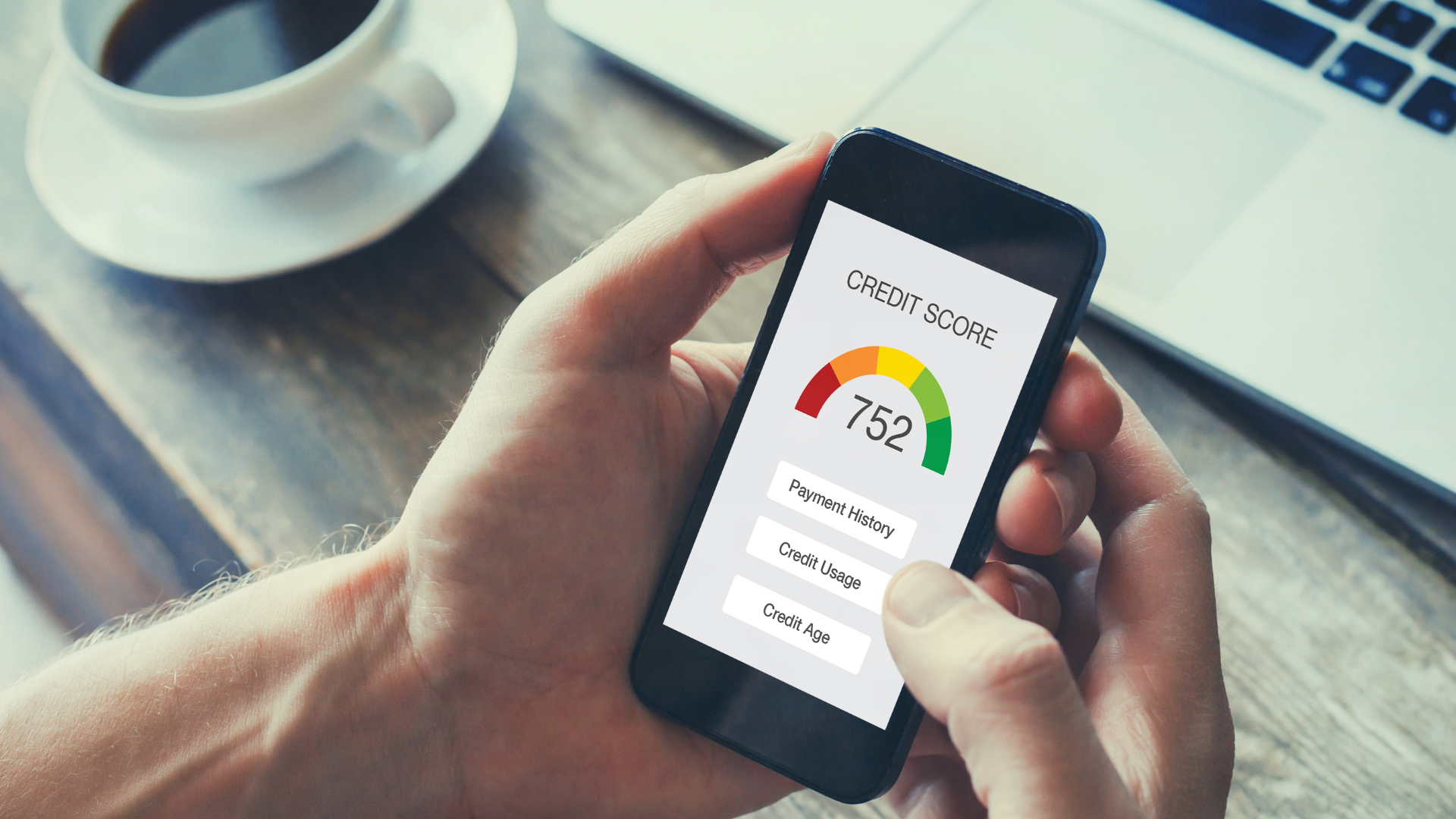What’s the Difference Between a Loan and a Line of Credit?
Choosing the Right Borrowing Option
If you’ve ever needed to borrow money—whether for an unexpected car repair, medical bill, or just to get through the month—you’ve likely seen both loans and lines of credit as options. While they might seem similar at a glance, these two forms of borrowing are fundamentally different in how they work, how you repay them, and how they can affect your long-term financial health.
At Portside Finance, we believe in providing not just access to small loans, but the knowledge to use them responsibly. Here’s a clear, no-nonsense breakdown of loans vs. lines of credit—so you can decide which is right for your situation.

What Is a Loan?
A loan is a lump sum of money you borrow up front and agree to repay over time, usually with interest. The total loan amount, repayment term, and interest rate are all agreed upon before you receive the money.
Key Characteristics:
- Fixed amount: You borrow one set amount—say $500 or $2,000.
- Repayment schedule: You repay the loan in regular installments over a set period.
- End date: Once it’s paid off, the loan is closed.
- Predictability: Payments and interest are often fixed, making budgeting easier.
When a Loan Makes Sense:
Loans are ideal when you need a specific amount of money for a clear purpose. This could be covering a sudden repair, catching up on rent, or consolidating other small debts into one manageable payment.
Because you receive all the funds at once, loans can provide a clear structure and help you plan your finances around a known repayment schedule.

What Is a Line of Credit?
A line of credit works more like a credit card. You’re approved for a maximum borrowing limit (say $1,000 or $3,000), and you can borrow from it as needed. You only pay interest on the amount you actually use.
Key Characteristics:
- Flexible access: You can draw funds as needed, up to your limit.
- Revolving balance: As you repay, your available credit replenishes.
- Variable usage: You might use it once a year—or several times a month.
- Variable payments: Payment amounts can change depending on how much you borrow.

When a Line of Credit Makes Sense:
Lines of credit work well for ongoing or unpredictable expenses, like covering irregular income gaps or handling recurring small emergencies.
However, they require
strong self-discipline. Because the funds are always available, it’s easy to borrow more than you intended—and that can lead to a growing balance you struggle to pay off.

Which One Should You Choose?
Both tools can serve a purpose, but choosing the right one depends on how you plan to use the money and how comfortable you are with managing debt.
- If you want clear start and end dates and prefer the structure of scheduled payments, a loan may be the better choice.
- If you need access to cash from time to time but are confident you won’t overspend, a line of credit could offer more flexibility.
However, every situation is different, and you should always consult professionals before making a final decision.
At Portside Finance, we offer clear, short-term loan options designed to help you solve
immediate challenges without getting trapped in long-term debt. We don’t offer lines of credit, but we’re happy to help you understand your options and choose what works best for your financial situation.
Responsible Borrowing Starts with Clarity
Borrowing money doesn’t have to be confusing—and it should never be something you jump into blindly. Whether you’re considering a loan or a line of credit, the most important thing is knowing what you’re signing up for and whether it fits your needs, budget, and goals.
If you’re unsure where to start or just need someone to walk you through your options, Portside Finance is here to help—without pressure, hidden fees, or complicated fine print.

















